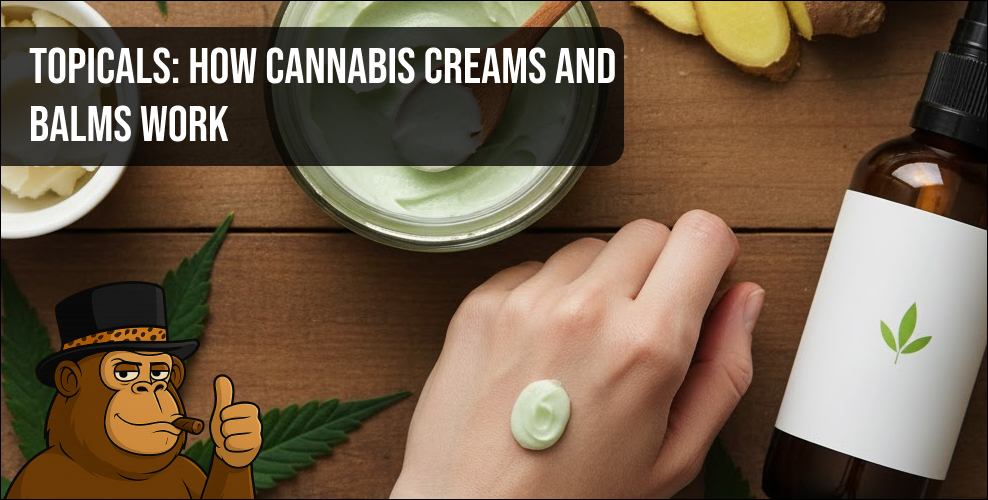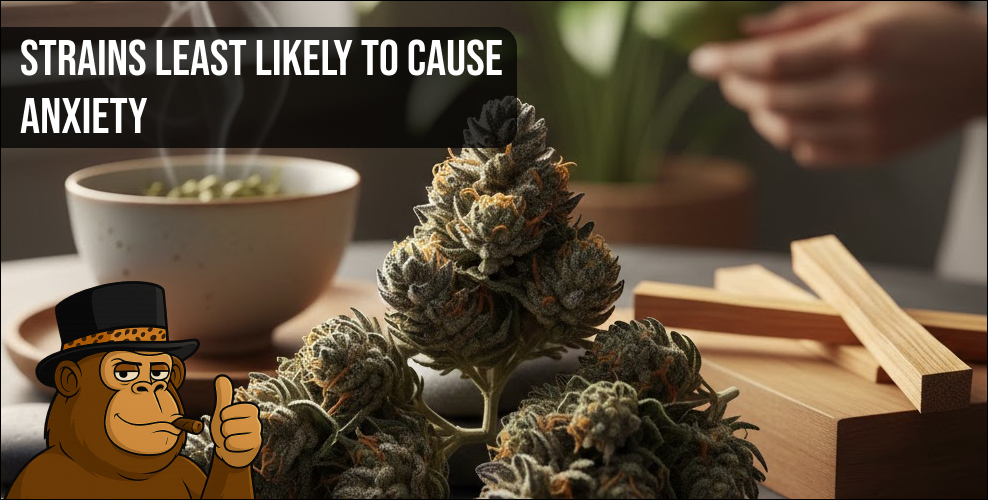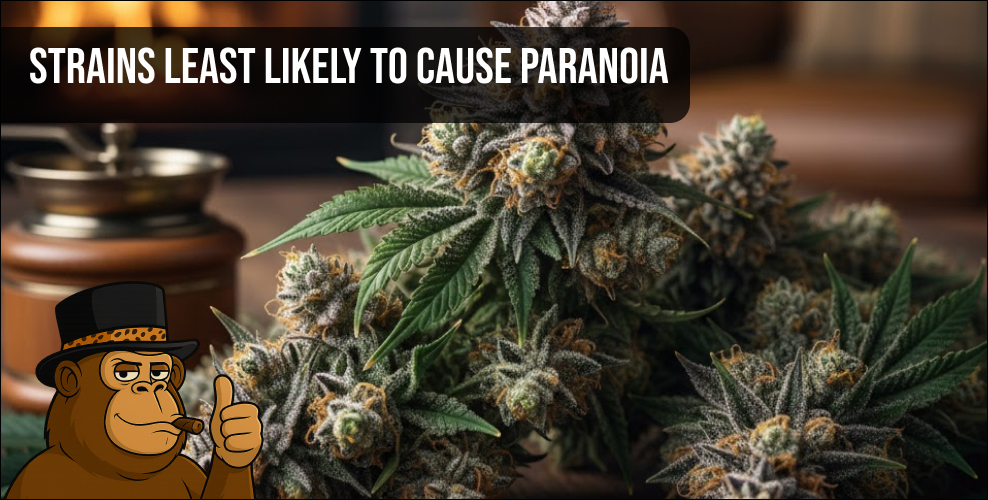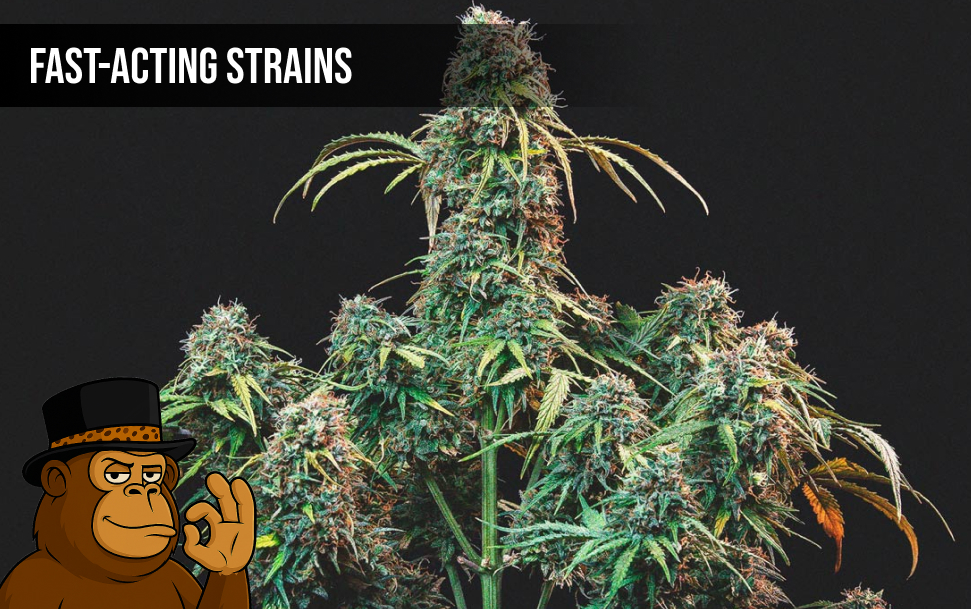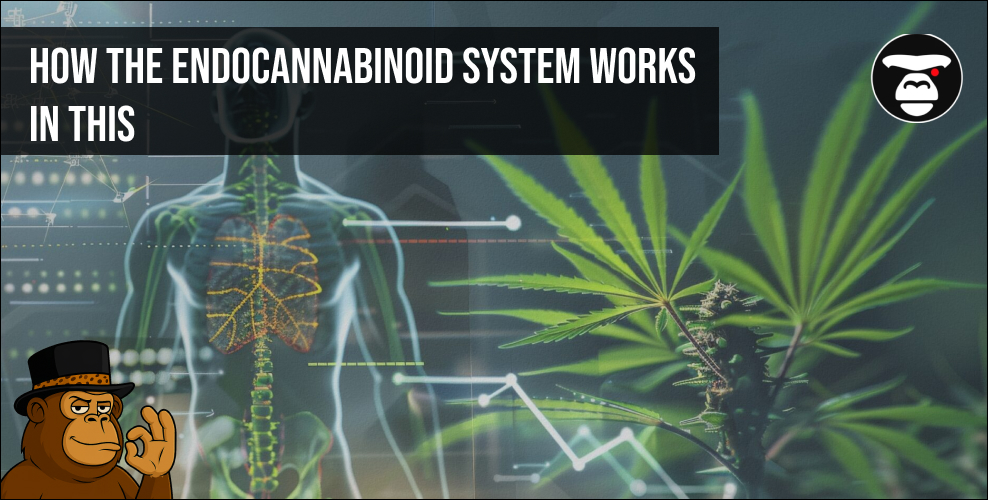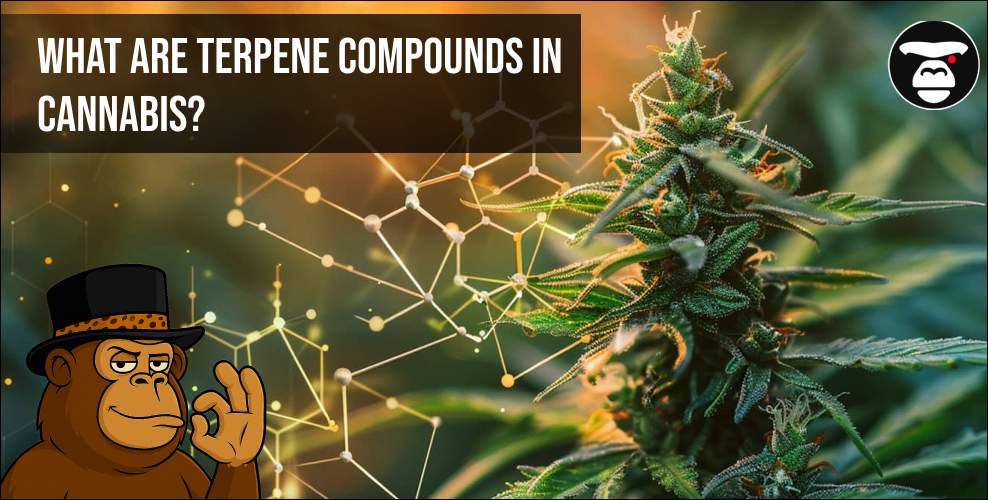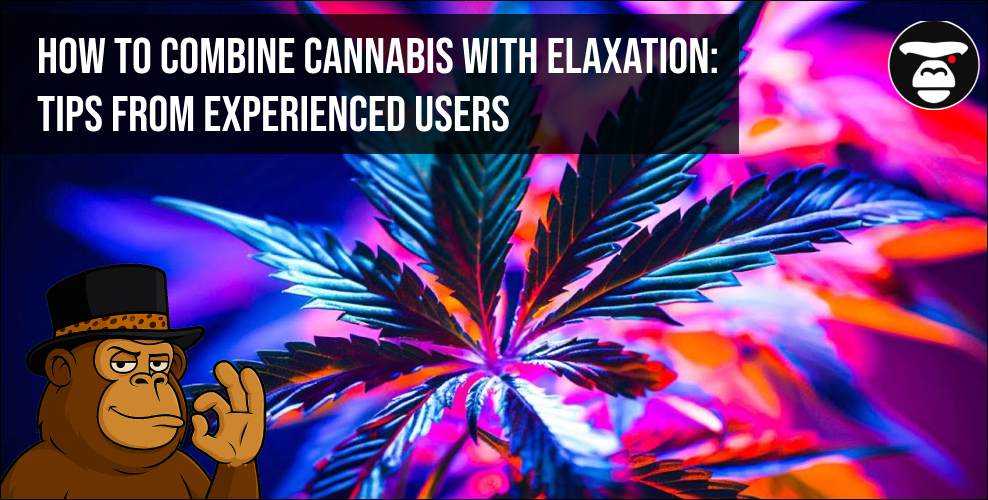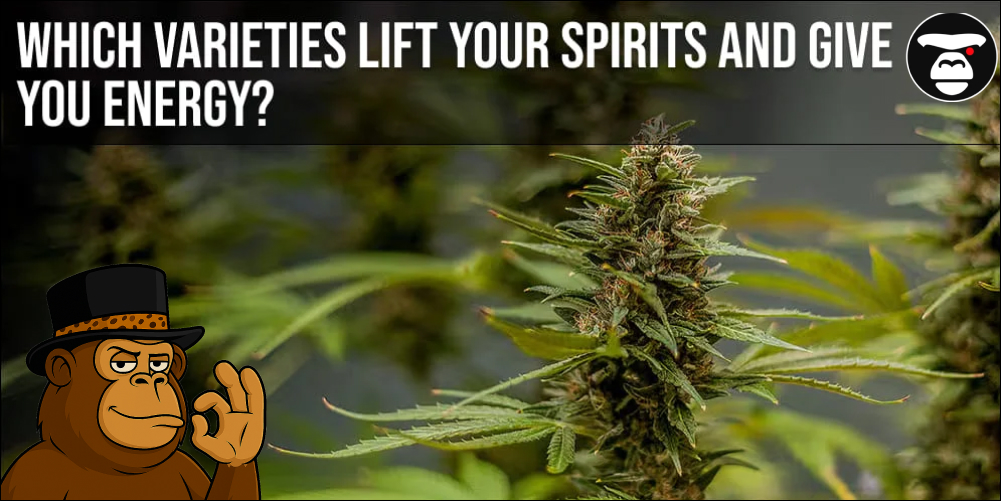How to lower your THC tolerance?
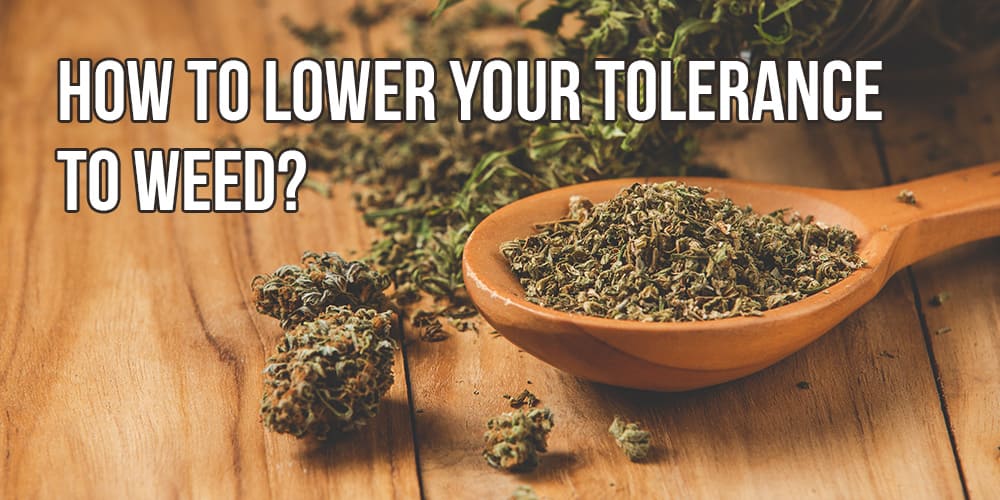
Over time, regular cannabis users often find that they require more of the product to achieve the same effects, indicating an increased THC tolerance. The key strategies include taking short breaks from cannabis use, adjusting consumption methods, and exploring different THC products.
Let’s take a closer look, how can one effectively lower their tolerance to weed and also what are the signs of high THC tolerance and the benefits of low THC tolerance.
To learn more about how weed affects the body, we recommend reading these articles:
- How to detox THC naturally?
- What exactly is the magic of entourage effect?
- Can Physical Activity Reduce Weed Tolerance?
Signs of High THC Tolerance

When your body starts to adapt to the presence of tetrahydrocannabinol (THC), there is a need for increased quantities to achieve the same effects or experiencing unease if a dose is missed. The frequent introduction of THC into the system can cause a reduction in the density of CB1 receptors within the endocannabinoid system (ECS).
These CB1 receptors, predominantly located within our central nervous system, which includes the brain and spinal cord, play a crucial role in modulating various physiological functions. Such functions encompass appetite, memory, mood, sleep, and pain.
The signature effects one associates with cannabis arise from THC’s interaction with these receptors. As one’s THC tolerance intensifies, this interaction weakens, making it necessary for users to consume more for the same effects.
Here some signs of high THC tolerance:
- Needing More: Users consume more cannabis to get the same effect.
- Weaker High: Effects are less pronounced despite usual doses.
- Short-Lived Effects: The high doesn’t last as long as it used to.
- Fewer Physical Signs: Less noticeable reactions like bloodshot eyes or dry mouth.
- More Negative Effects: Increased side effects like headaches, even if the desired high is weaker
benefits of Low THC Tolerance

Lower THC tolerance can have several practical and beneficial implications for users:
- Economic Savings: A diminished tolerance means fewer quantities are needed to achieve the desired outcome. This translates to less frequent purchases, thus leading to monetary savings.
- Potent Effects: A user with lower tolerance often perceives a heightened and more distinct experience, making each use more effective.
- Medical Benefits: For medicinal users, a reduced tolerance ensures effective symptom relief without the need for escalating dosages. This is especially crucial for conditions like chronic pain where consistent relief is sought. Interestingly, according to research, a hiatus of roughly a month can often help these receptors revert to their baseline functionality.
- Versatility in Product Use: Having a reduced tolerance allows consumers to appreciate a broad array of cannabis products. This ensures they are not confined to only high-potency items and can explore the full range available in the market.
So, how can you reduce your tolerance to THC and what are the ways to achieve this goal?
Taking a THC Break

The concept of a resistance reset, involves pausing cannabis intake for a certain duration to enhance its efficacy upon subsequent use.
The optimal duration of a resistance reset is individual-specific. A practical approach is to cease cannabis consumption for a preliminary span—perhaps a handful of days or a week—and gauge the body’s responsiveness upon resuming.
If one doesn’t notice a pronounced shift in tolerance, extending the duration of the hiatus might be beneficial, with adjustments made based on personal feedback and outcomes.
Consider trying Monster Cookies strain. This cannabis variety is renowned for its intense effects, which provide a powerful combination of euphoria and relaxation.
Cutting Back on THC
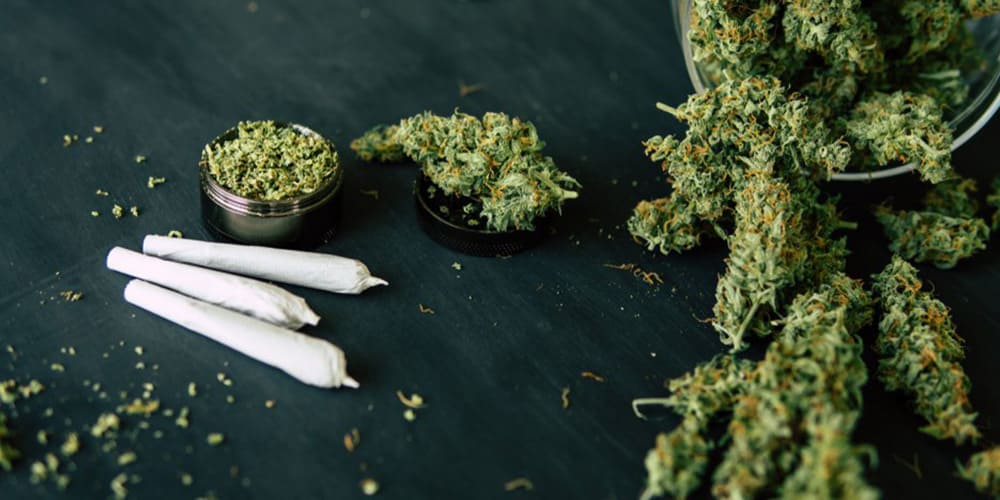
Individuals aiming to diminish their THC tolerance have several pragmatic approaches at their disposal. Here’s an examination of methods to adjust consumption for optimal results:
- Microdosing: This technique entails administering minimal quantities of THC, typically less than 10 milligrams. It’s designed to produce mild effects, thereby allowing the system to recalibrate over time without a total withdrawal.
- Altering Frequency of Use: This involves restructuring one’s consumption habits. Daily users might consider spacing out their usage to every alternate day, whereas those partaking multiple times a day might limit themselves to a singular daily session.
For anyone making such adjustments, continuous observation and assessment are paramount. Moreover, for medicinal cannabis users, any modifications to consumption should be made in consultation with a medical expert to ensure that the therapeutic benefits remain uncompromised.
Immerse yourself in the sensory delights of APE mini joints, thoughtfully infused with kief and dusted with sugar diamonds. APE Premium Cannabis Corp has handpicked a variety of strains to cater to your every craving – from the tranquility of indicas to the vigor of sativas.
Switching Cannabis Strains and forms

When considering cannabis tolerance, exploring different strains and products might prove beneficial. Each cannabis product, be it sauce carts, mini joints, or others, has its own THC concentration and unique combination of terpenes and cannabinoids, producing distinct effects.
For instance, sauce carts, which are a form of vape cartridge, often contain a rich blend of cannabinoids and terpenes, providing a potent and full-spectrum experience. On the other hand, mini joints offer a more traditional and controlled dosage, allowing users to moderate their THC intake.
Take a look at Liberty Haze in sauce cartridge. It is a hybrid that has predominantly cerebral sativa effects. It has an earthy and musky aroma and a pungent taste that is a blend of earthy, piney and skunk-y flavors. Liberty Haze’s strong high makes you feel calm, euphoric, happy and focused.
Understanding the THC content and the nature of different cannabis products can assist users in adjusting their consumption. By varying products and being mindful of THC levels, one can potentially manage and modulate their cannabis tolerance more effectively.


